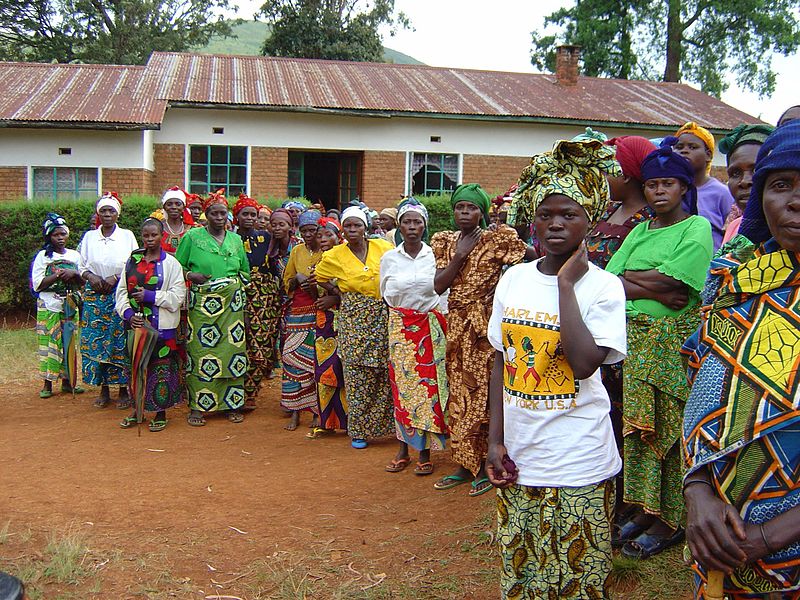BY ROBERT DOCTER –
I go back and forth on whether or not it would be a good idea for the Army to establish an additional set of corporations, one for each territory, to guide the Army’s social work programs. I know Catholic Charities has a separate corporate identity from other parts of the Roman Catholic Church. I understand that several other denominations engaged in social work also have separate corporate identities for this function.
Over the past several years there has been an increased willingness on the part of the federal government to support social programs within faith-based entities. The establishment of a separate corporation would certainly ease our ability to deal with the establishment clause of the U.S. Constitution. Because of this guaranteed “freedom of religion,” the government won’t support any “church” programs–no proselytizing, no required attendance at “church” services by social service clients enrolled in government supported programs.
Some might say such a separate corporation might even improve our social work. It might, for instance, cause us to be more pro-active in advocating national or state-wide social policy. This was certainly the action of William Booth almost a century ago when he demanded that the British government change its child labor laws and challenged the age of consent allowing young girls to enter prostitution.
In fact, government does play a significant role in facilitating or failing to facilitate social justice for the poor of this nation. Currently, this kind of advocacy is not a strong point in the Army’s attempt to alleviate social ills. We have nothing similar to the Lutheran’s Division for Church in Society with its national and state advocacy offices.
But is it a good idea for the Army? After all, our entire raison d’être is based on the premise that our social work ministries and our corps work ministries are interlocked and have the same function.
General Bramwell Booth, writing 80 years ago from a British background, a country without principles of separation of church and state, saw significant danger in separation of the “social and field work” of the Army. He saw it as a “narrowing influence” which causes its workers to “live only for their own section of the undertaking.”
Booth stated: “The Salvation Army, as a whole, is a Movement designed to bring deliverance from evil to all classes. Its purpose is thus a generous one. There is nothing narrow about it. One of our aims should be to continually strengthen and broaden the Army’s generous purpose.
“I see more and more the danger which is involved in those who have once been under our influence in the Social Work going away from that influence. But they must go. The man in the shelter who gets saved lives encircled by spiritual warmth, love, and care; but when he goes outside he loses these helps. Therefore, if we want to see the fullest return for our own labors we may, in the end, require the cooperation of other Departments.
“So here, every soul is rendered more likely to be ultimately placed to your credit in the records of the Eternal World because of these different branches of the Army ready to take them up–to care for them–to hold them.
“We are part and parcel of the whole Army. Our object is the same–the spread of the Salvation of God and the making of men and women into the disciples of his Son Jesus Christ. The Social Work of the Army has much greater facilities for doing its own work than the Corps possess for doing that work; just as the Corps possess facilities for doing its own work greater than the Social Work. Now, these things being so, it is of the greatest importance that every lawful means should be used for linking those who are helped in the Social Work with the Corps.”
In reading this, I’m compelled to wonder why the Adult Rehabilitation Command prohibits any program of required introduction of the corps program to its beneficiaries. It certainly requires their involvement in other meetings in the community.
I also wonder if the Britain of 1921 is the America of 2001 and whether or not we might organize our efforts to achieve our mission more effectively and, in so doing, achieve considerable gain in all aspects of our commitment to all people everywhere.
We need to take a long look at this issue.











